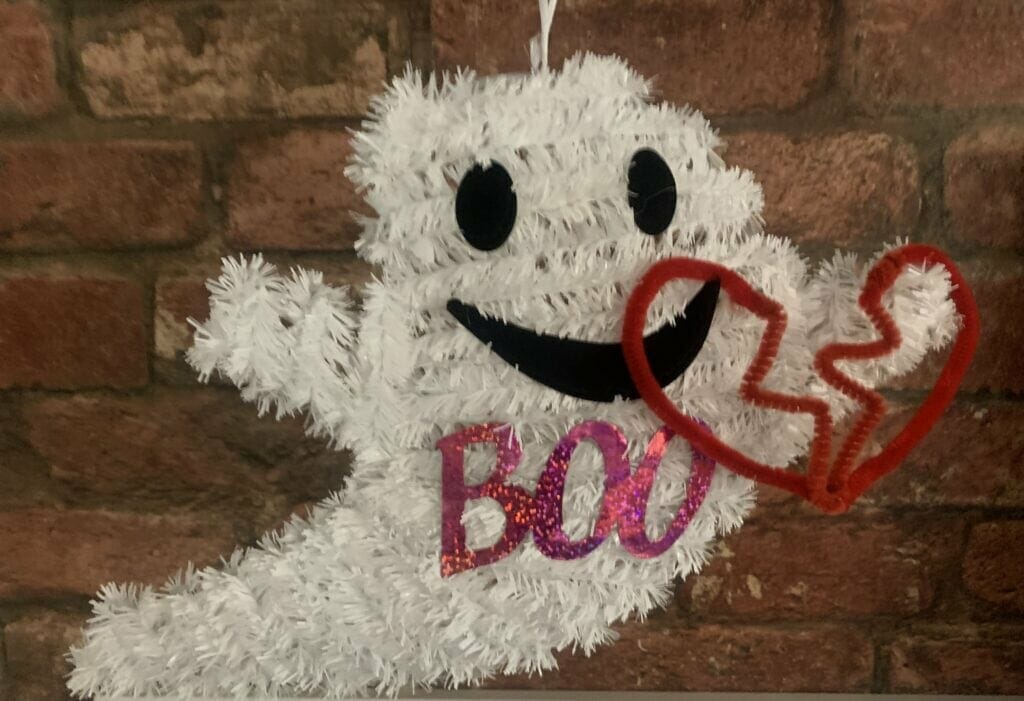
Instant messaging, social media and online dating influence the way we communicate. They make contact easy and disposable. Mobile phones complicate things further with instant 24/7 access to these tools.
While there have always been ways to hang up, switch off and log out, modern communication makes it too easy to disappear. Take a look at ghosting.
We’ve all been in this situation before. You’re talking to an acquaintance you don’t want as a friend, a regretful hookup, or anyone else you have no interest in responding to. You could send back a quick text blowing them off, but at some point, the awkwardness peaks and you decide to stop responding altogether. This is ghosting.
Before phones and social media, our modern version of ghosting wasn’t around. The origins of the term “ghosting” are a little foggy. Some believe it originated in the 2014 music parody Ghoster’s Paradise by Hannah VanderPoel and Michael Schwartz. It was also used in 2015 by gossip outlet Jezebel, to report Charlize Theron ghosting Sean Penn during a breakup.
Ghosting has also created a few spinoff terms, like “cloaking”, coined in a 2018 Mashable article by Rachel Thompson. Cloaking describes simultaneously being stood up for a date and blocked on all forms of communication. According to beauty magazine Allure, there’s a friendly form of ghosting called, “caspering”, which lets a person down easily (a homage to Casper the Friendly Ghost).
Despite its origins and evolutions, ghosting isn’t nice.

We’d never ghost in person
Ghosting is easy because it’s online. Imagine talking to someone in person. Could you just shut up and stop participating in the conversation? You could, but It would be incredibly rude and awkward.
The internet not only makes this behaviour possible but so common that there’s a name for it.
As a ghostee, the act is annoying and possibly hurtful. You want to talk to someone you’ve been chatting with and suddenly, they leave the conversation with no indication of why. You’re left thinking, “What did I say to make everything go wrong?”
As a ghoster, it’s not much better. You feel a tinge of guilt for not being open and honest about your disinterest and taking the easier, but more cowardly path of pretending you’re not receiving the messages. Or blatantly ignoring them.
Digital communication shouldn’t dehumanize
I believe social media should function as an extension of in-person conversation. It should provide a way to speak to friends and family when we’re not in the same room. It shouldn’t adhere to an entirely different set of rules.
When used to enhance communication, social media and instant messaging are great. It’s when we use these tools, and the unprecedented freedom it affords us, as an excuse to ignore basic human respect. It becomes cancerous.
People don’t stop existing because we pretend they don’t exist. It’s hard to remember sometimes, but other people live lives just as rich in complication and emotions as we do. When we stand face to face with them, proximity forces us to feel the reality of others.
When reducing one to just a username or Bitmoji cartoon on Snapchat, something in the “human decency” part of our brain seems to shut off.
I’m not saying we’re required to entertain people who violate our respect. If someone is being annoying or downright creepy, it’s not our responsibility to talk to them. If I ran into someone at a party being rude or creepy, I’d walk away. But I’d probably make a polite excuse to join a game of beer pong first.
If someone we’ve connected with on social media tries to make plans and we’re not interested, I think it’s our responsibility to be honest. If we feel that urge to ghost them, it’s probably because we don’t like them. Why can’t we just say that in a nice way? (Casper?)
Give up the ghost
Ghosting is bad for ghosters and it’s bad for the ghostees. It leaves a cloak of guilt and shame on everyone involved and it’s not hard to figure out why. When we ghost, we dehumanize. At best, we treat each other like tools to enhance our self-worth or kill loneliness once in a while.
I recently entered a relationship and social media made the first few weeks confusing. I was getting messages from other people wanting to hang out and I was no longer available. My first impulse was to ignore these messages and pretend I didn’t see them. It would be so much easier. But I’ve come to learn the harder thing to do is almost always the more honourable thing, especially when it comes to honest communication.
I decided to be honest with these people and say, “I’m not available.” It was a little weird, but I felt better afterward because I set out everything on the table.
My advice on ghosting (as a past ghoster and ghostee) is always to be honest. On phones, in messages and in person, treat others the way you want to be treated.
We’re in an era where communication can be initiated anywhere and any time, which makes a lot of awesome things possible. Things like viable long-distance relationships and friendships. I can talk to my family in the United States or meet up with friends downtown. It also makes some shitty things possible such as ghosting.
Don’t do it.






